PREVIEW
Guests heard on Volume 108
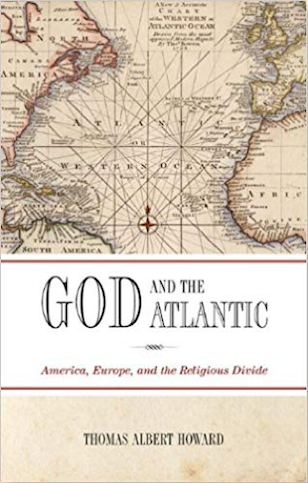
Thomas Albert Howard, author of God and the Atlantic: America, Europe, and the Religious Divide, on why many nineteenth-century Europeans were nervous about the shape of American religious life
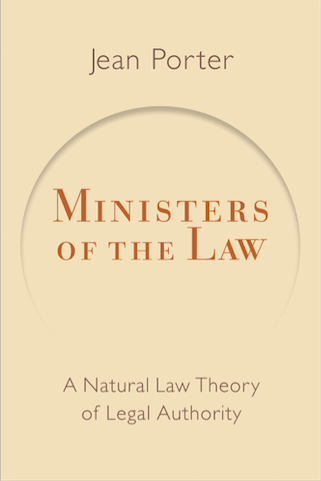
Jean Porter, author of Ministers of the Law: A Natural Law Theory of Legal Authority, on how natural law provides a rationale for the rule of law and for legislative and judicial authority
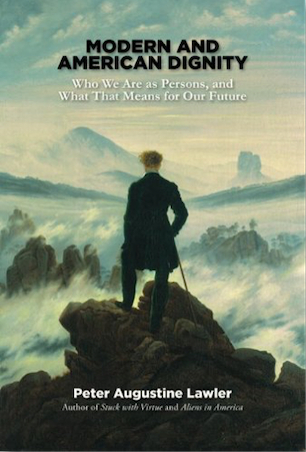
Peter Augustine Lawler, author of Modern and American Dignity: Who We Are as Persons, and What That Means For Our Future, on how neither ancient philosophy nor modern science explains human nature (but the Logos does)
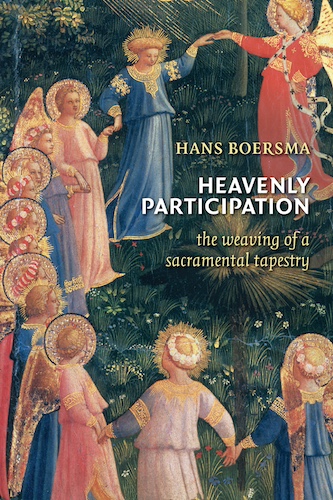
Hans Boersma, author of Heavenly Participation: The Weaving of a Sacramental Tapestry, on why Christians should reject the modern separation of Heaven and Earth and recover a “sacramental ontology” (this feature is also available as an Archive Feature)
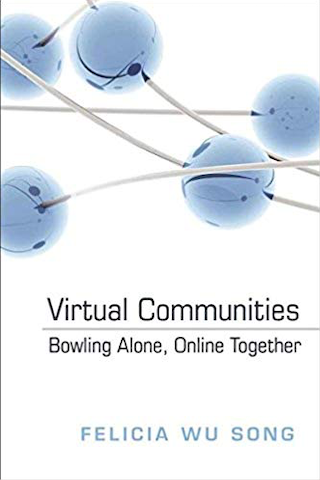
Felicia Wu Song, author of Virtual Communities: Bowling Alone, Online Together, on how online communication systems shape relationships and community
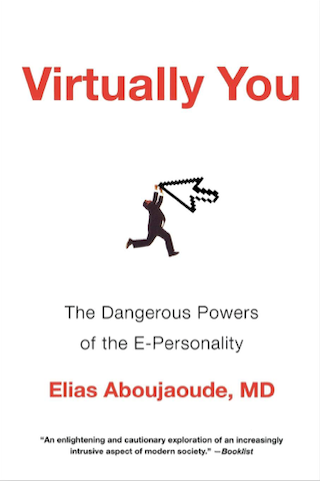
Elias Aboujaoude, author of Virtually You: The Dangerous Powers of the E-Personality, on how life online makes us think we’re bigger, badder, and smarter than we really are